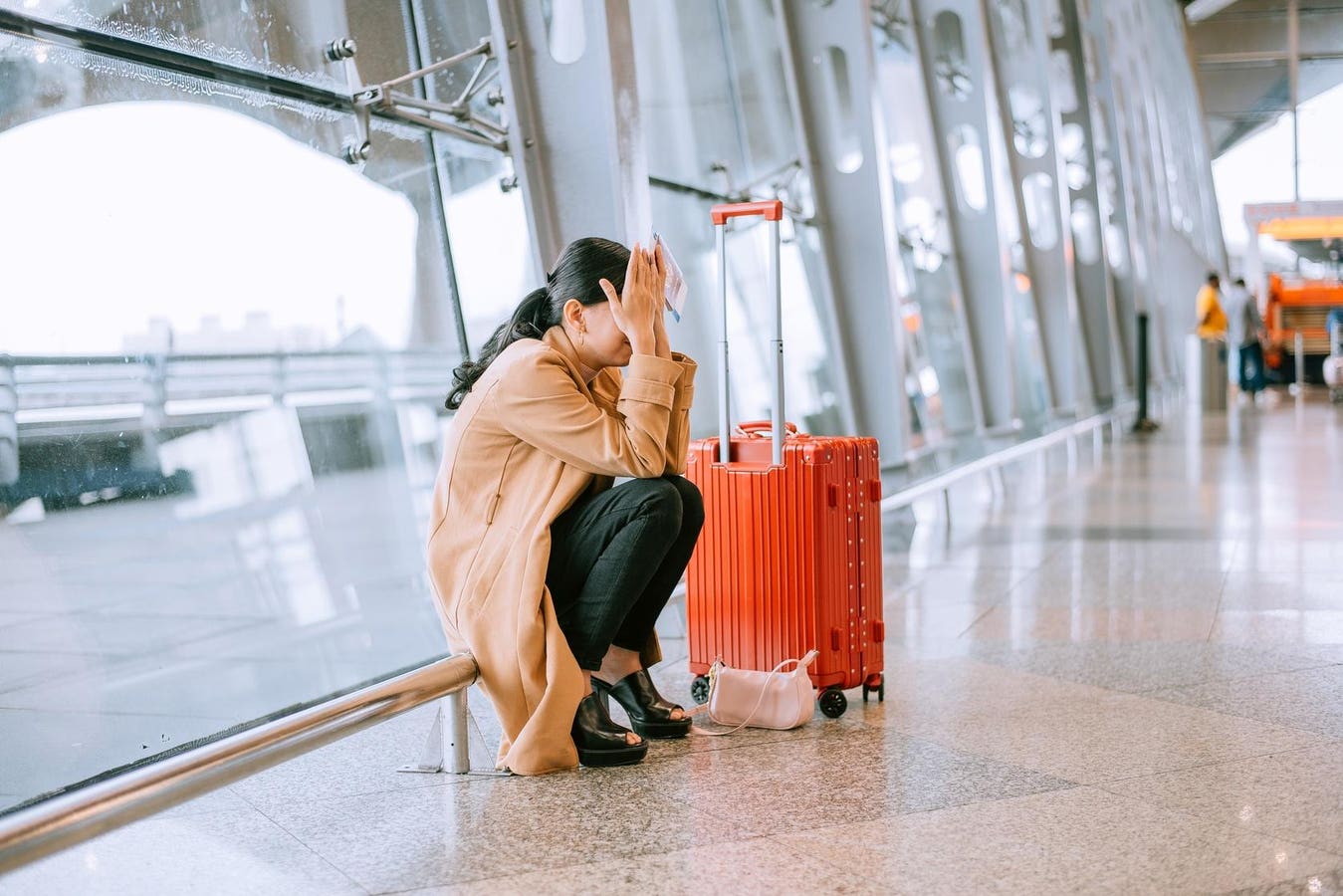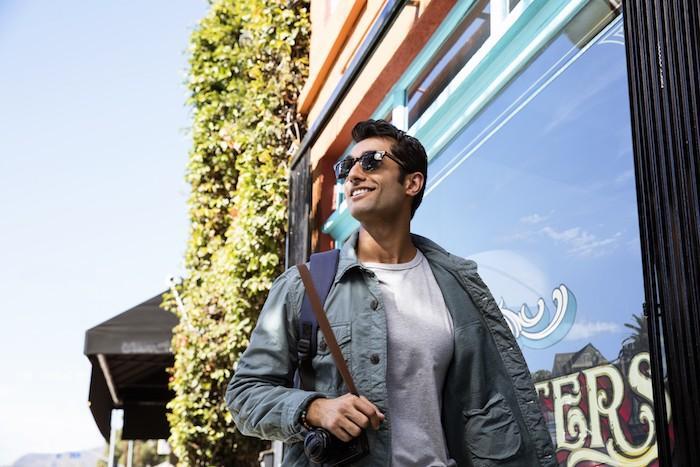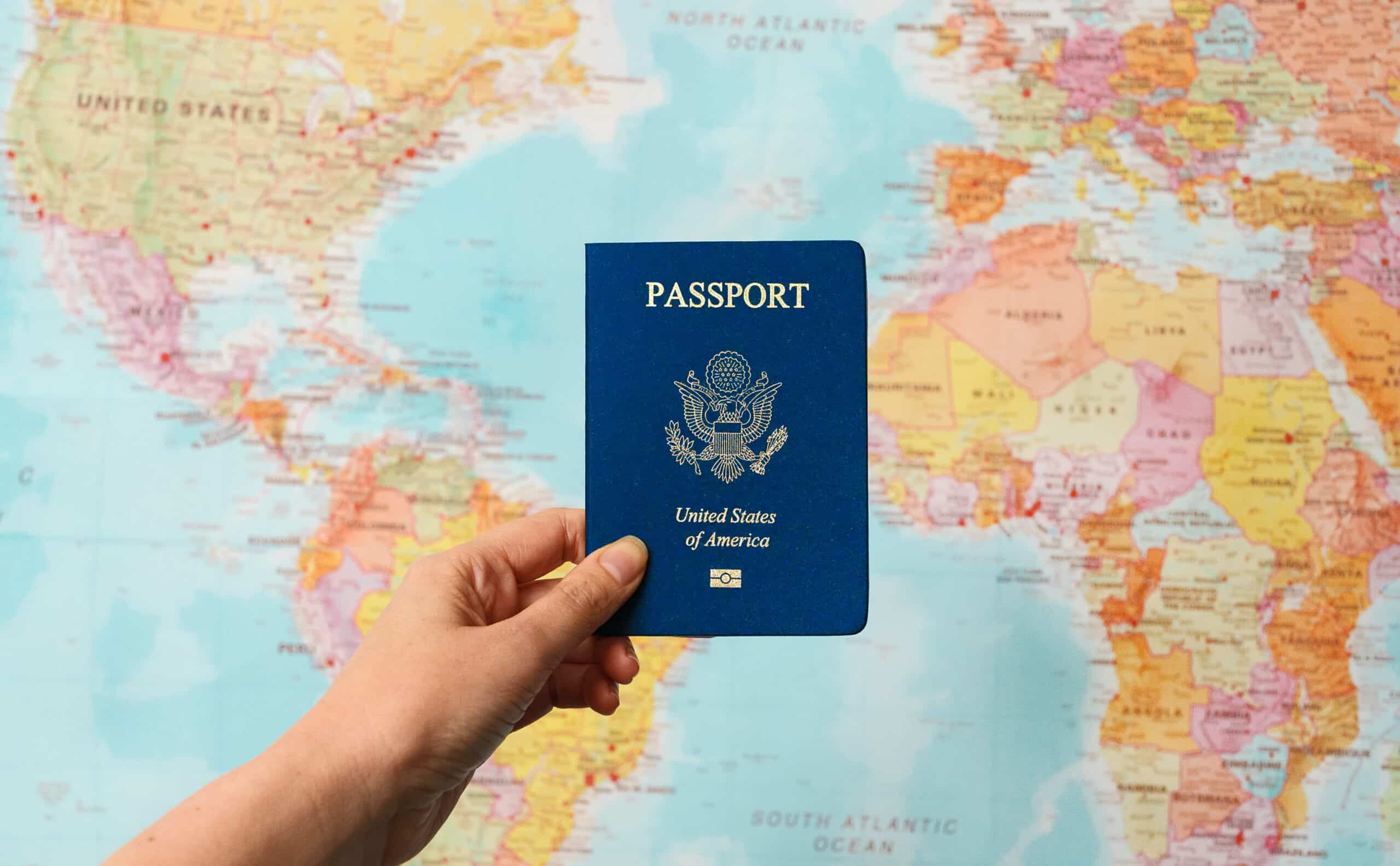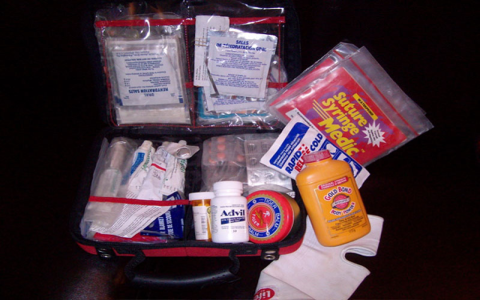Alright, let’s talk about keeping yourself in one piece when you head off to places that are a bit more, let’s say, ‘rustic’ health-wise. I’ve done a fair bit of bouncing around developing nations, and honestly, staying healthy is mostly common sense mixed with a little prep work. It’s not rocket science, but you gotta pay attention.

Before I Even Packed My Bags
First thing I always do, maybe a month or six weeks before I fly out, is book an appointment with my doctor. Not just any doctor, but one who actually knows about travel health, or I ask my regular doc for a referral. I tell them exactly where I’m going, what I might be doing – like if I plan on trekking through jungles or just sticking to cities.
They usually check what vaccinations I need. I remember one trip needing Yellow Fever, Typhoid, Hep A… the works. Got my shots, felt like a pin cushion for a day, but totally worth it. They also talk about malaria pills if that’s a risk where I’m headed. I’ve taken those a few times; you just gotta remember to take them on schedule, even after you get back home.
Then, I put together my own little medical kit. Nothing crazy, just practical stuff based on past trips or things I worry about. Here’s what usually goes in:
- Basic pain relievers (like ibuprofen or paracetamol)
- Band-aids, antiseptic wipes, maybe some gauze
- Anti-diarrhea medicine (loperamide is my go-to, seriously, don’t leave home without it)
- Rehydration salts (those little packets you mix with water if you do get sick)
- Antihistamines for surprise allergies or itchy bites
- Any personal meds I need, plus extra just in case
- Hand sanitizer – lots of it, small bottles I can carry everywhere
- Maybe some motion sickness pills if there’s gonna be bumpy bus rides
I also do a bit of reading up online, not to scare myself, but just to know the common issues for that specific country. Is tap water a definite no-go? Are salads often risky? Stuff like that.
While I Was Actually There
Okay, boots on the ground. This is where the day-to-day habits kick in.

Water was always my number one concern. My rule is simple: only drink bottled water. And check the seal! Make sure it cracks when you open it. If I couldn’t get bottled water, or if I was suspicious about it (yeah, sometimes bottles get refilled), I had water purification tablets as a backup. Used them a few times camping. Tastes a bit chemical, but beats getting sick. For brushing teeth, I used bottled water too. Sounds paranoid, but I learned that lesson the hard way once. No ice in drinks unless I’m absolutely sure it was made from purified water, which is rare, so I usually just skipped it.
Food is the next big one. I love trying local food, street food included. But I developed some personal rules. I look for places that are busy, especially with locals. High turnover usually means fresher ingredients. I try to eat food that’s cooked thoroughly and served hot, right in front of me if possible. Things you can peel yourself, like bananas or oranges, are generally safe bets for snacks. I tended to be wary of salads or anything uncooked that might have been washed in tap water. Buffets can sometimes be iffy too, depending on how long the food’s been sitting out.
Did I ever get sick? Yeah, a couple of times I had minor stomach upsets. That’s when the anti-diarrhea meds and rehydration salts in my kit were lifesavers. Just gotta listen to your body, take it easy, stick to bland food for a day or two (rice, toast, bananas), and drink tons of safe water.
Hygiene becomes super important. I was practically bathing in hand sanitizer, especially before eating anything. If there was soap and water available, even better – wash hands thoroughly and often. Just touching things, handling local money, then touching your face or food… that’s an easy way to pick something up.
And bugs! Mosquitoes can carry nasty stuff like Dengue or Malaria. So, in risky areas, I was pretty diligent about using insect repellent, especially around dusk and dawn. The ones with DEET work best, even if they smell foul. If the place I stayed had mosquito nets over the bed, I used them religiously. Checked for holes first!

Wrapping It Up
Looking back, most trips went smoothly health-wise. The few times I did get a bit sick, it was usually minor and manageable because I was prepared. It’s not about being scared or avoiding experiences; it’s just about layering in some simple, sensible precautions. You go, you see your doctor, pack a few essentials, and then just be mindful about what you eat and drink, keep your hands clean, and fend off the bugs. Doing that little bit of homework and being consistent while traveling made all the difference for me. Allowed me to actually enjoy the trips without constantly worrying.









